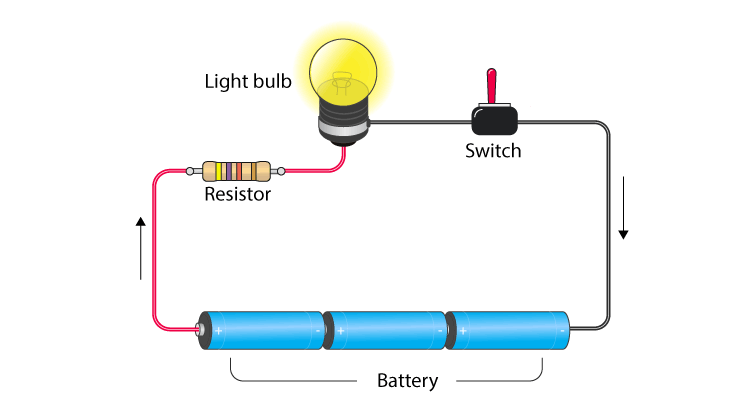Do all circuits need a resistor?
Electronic circuits are ubiquitous in our daily lives, powering everything from our smartphones to our cars. These circuits consist of various components, each with a specific function. One such component is the resistor, which is used to regulate the flow of current and voltage in a circuit. However, many people wonder if all circuits need a resistor. In this article, we will explore the answer to this question and provide a clear understanding of the role of resistors in electronic circuits.

What is a Resistor?
A resistor is an electrical component that is used to resist the flow of electrical current. It is made of materials that have a specific resistance to the flow of electricity, such as carbon or metal. Resistors come in different sizes and resistance values, which are measured in ohms (Ω). A resistor is a passive component, meaning that it doesn't require a power source to function.
Do All Circuits Need a Resistor?
Not all circuits need a resistor. The use of a resistor depends on the requirements of the circuit and the components used. Some circuits may function without a resistor, while others may require several resistors. Resistors are often used to limit the flow of current or voltage in a circuit, to protect the components from damage, or to control the gain of an amplifier.
Why are Resistors Used in Circuits?
Resistors are used in circuits for a variety of reasons. One of the most common uses of resistors is to limit the flow of current or voltage in a circuit. This is important because excessive current or voltage can damage the components in the circuit or cause them to malfunction. By limiting the flow of current or voltage, resistors can protect the components and ensure that the circuit functions properly.
Resistors are also used to control the gain of an amplifier. An amplifier is a circuit that increases the amplitude of an electrical signal. Without a resistor, the amplifier may produce an output signal that is distorted or unstable. By using a resistor in the amplifier circuit, the gain can be controlled and the output signal can be stabilized.
In conclusion, not all circuits require a resistor. The use of a resistor depends on the requirements of the circuit and the components used. Resistors are used to limit the flow of current or voltage in a circuit, to protect the components from damage, or to control the gain of an amplifier. Understanding the role of resistors in electronic circuits is important for designing and building circuits that function properly and efficiently.

